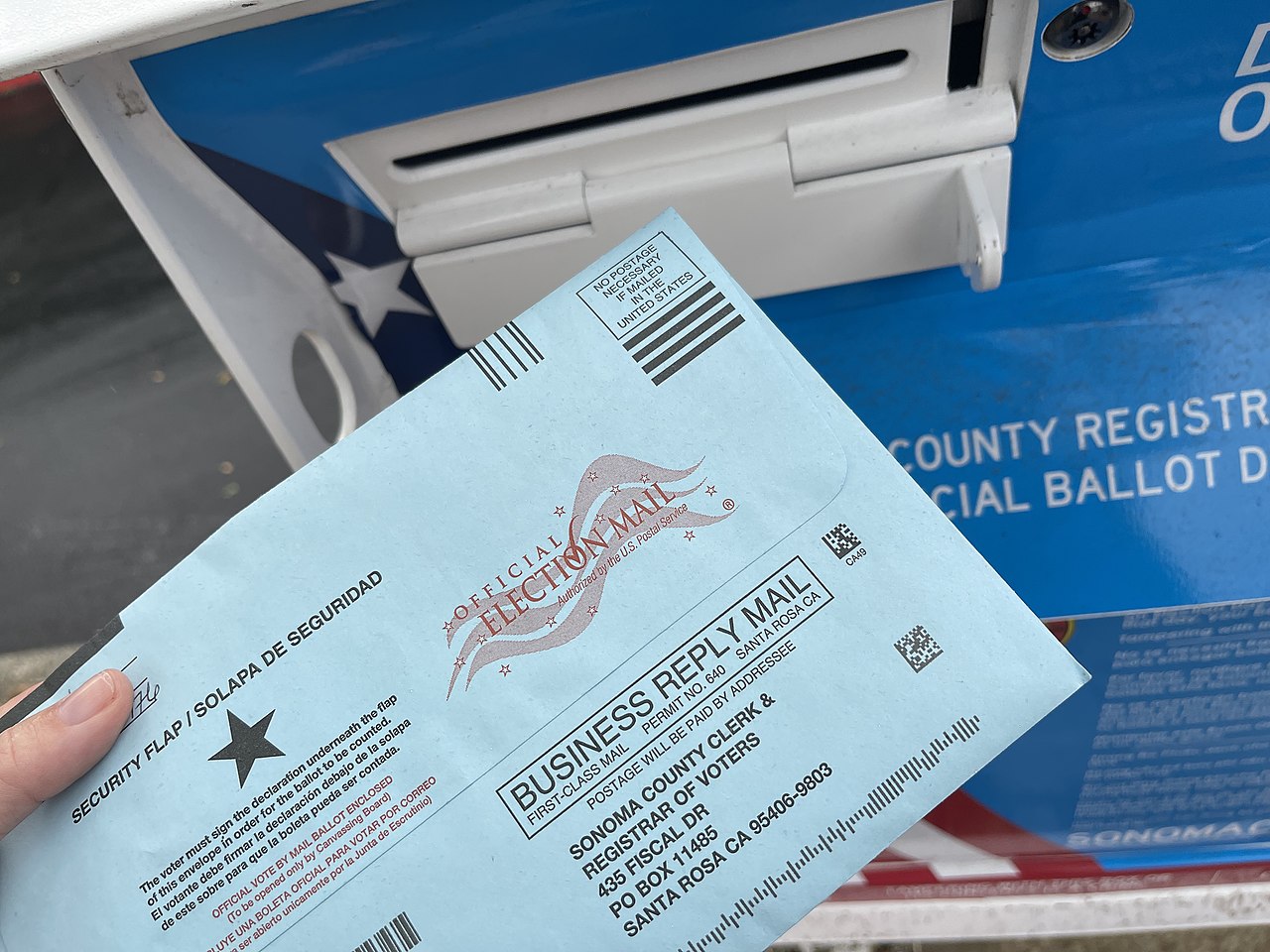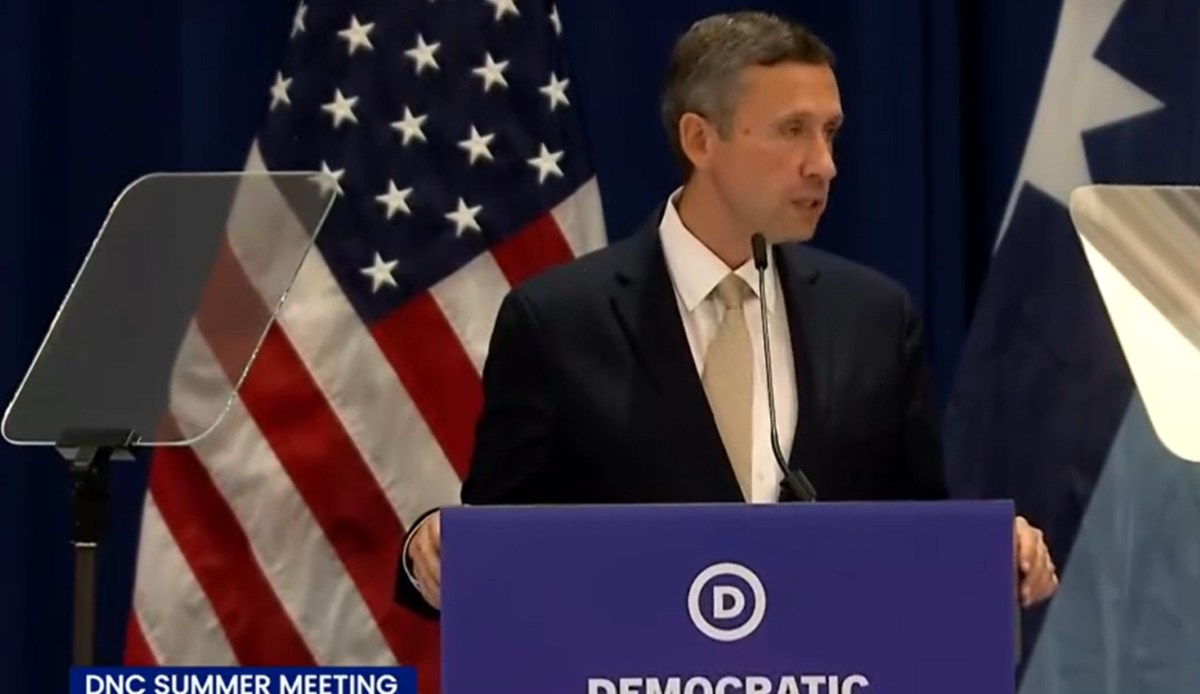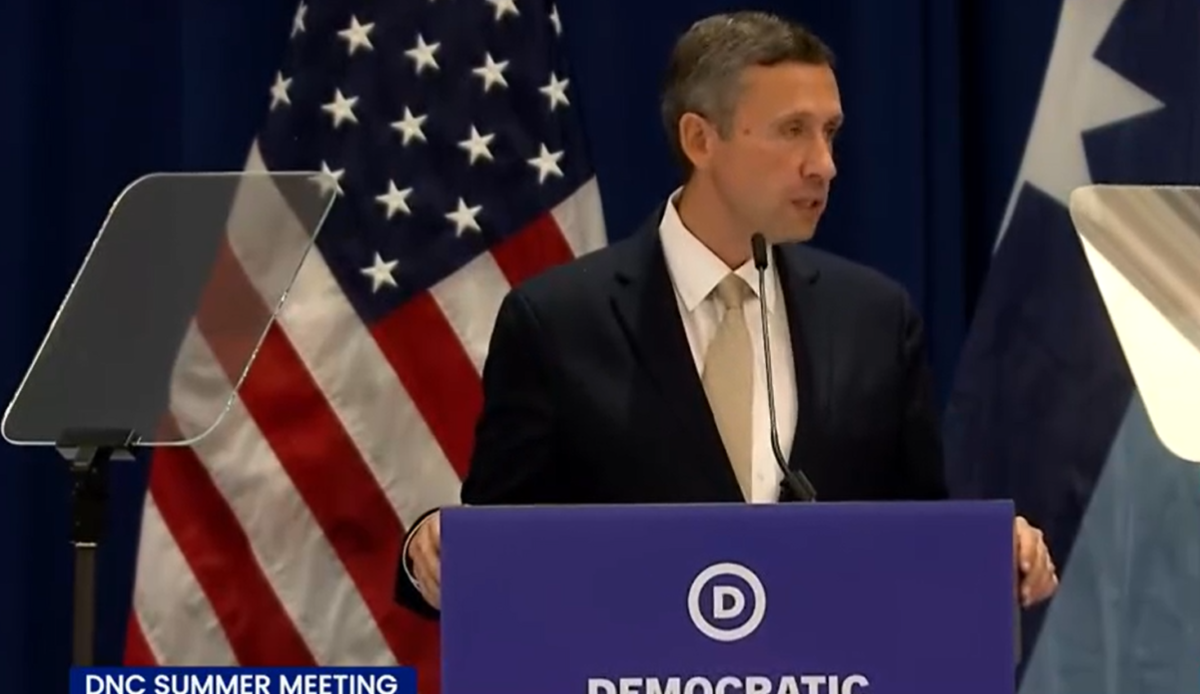A new report from the Michigan Fair Elections Institute (MFEI) warns that adopting ranked-choice voting (RCV) could significantly harm the integrity of elections in Michigan. The analysis highlights potential issues that could arise if voters approve a proposed constitutional amendment to implement RCV for major federal and statewide elections.
Supporters of the amendment are currently gathering signatures to place the measure on the ballot for the 2026 midterm elections. The proposal aims to allow municipalities to adopt RCV, which enables voters to rank candidates in order of preference.
The MFEI report outlines several concerns regarding RCV, including the possibility of electing candidates who do not have majority support. “Non-majority election winners, lower voter confidence and turnout rates, and higher risk of corruption and moral hazard are only a few of the many downsides that Michigan voters stand to face if RCV is codified in our state,” the report states.
Under the RCV system, if no candidate receives more than 50 percent of first-choice votes in the initial round, the candidate with the fewest votes is eliminated. Votes for that candidate are then redistributed to the remaining candidates based on voters’ second choices. This process continues until a candidate achieves a majority.
Critics of RCV, including the MFEI, argue that it has been primarily supported by Democrats and has led to outcomes where Republican candidates received the majority of votes but still lost elections. The report cites that many ballot initiatives aimed at expanding RCV in various states were rejected by voters in 2024.
The report also references research published in the Journal of Urban Affairs, which examined voter turnout in five San Francisco mayoral elections from 1995 to 2011. The study found that the complexity of RCV led to decreased turnout among both Black and white voters. Specifically, it noted an 18 percent decline in turnout among Black voters and a 16 percent decline among white voters following the adoption of RCV.
Additional issues highlighted in the MFEI report include higher rates of ballot-marking errors and ballot exhaustion, where voters who only select one candidate have their ballots discarded if their choice does not win a majority in the first round. “The outcome of this, of course, is that candidates or parties declared ‘victorious’ through ranked choice elections may not be the first, second, or even third choice of a majority of voters,” the report explains.
Furthermore, the report indicates that RCV systems impose increased financial and administrative burdens on election officials. Citing a previously published article in the University of Cincinnati Law Review, MFEI notes that implementing RCV can double the electoral budget of a state, as it requires detailed voter education campaigns and new ballot technologies.
MFEI Chair Patrice Johnson and Legal Analyst Frederick Woodward emphasized the importance of understanding RCV’s flaws. They stated, “Understanding RCV’s significant flaws is a nonpartisan issue and essential to preserving the integrity of Michigan’s elections.”
They further argued that while the current electoral system is not perfect, any reforms should be grounded in the historical context of the nation’s electoral laws. “Only through carefully evaluating radical and potentially ill-founded proposals like RCV can productive debate about the improvement and safeguarding of our elections take place in our great state,” they concluded.
As the debate over ranked-choice voting continues, Michigan voters will need to weigh the potential benefits and drawbacks of this electoral system as they approach the 2026 elections.
READ Wisconsin AG Pursues Charges Against Trump Campaign Attorneys Amid Political Controversy



